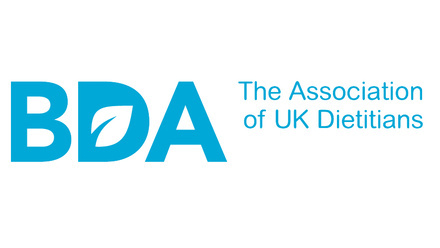The BDA welcomes the recent stance taken by Labour's Shadow Health Secretary, Wes Streeting, at The Times newspaper’s Health Commission Summit, where he proposed measures to address the growing number of people living with obesity.
Streeting's commitment to compelling the food industry to promote healthier options aligns closely with the BDA's UK-wide Food Strategy campaign.
In his address, Streeting highlighted the detrimental impact of manipulative marketing strategies by food companies to sell ultra-processed foods, (UPF). He pledged to ban the advertising of junk food to children online and on TV, stressing the need for stricter regulations on food packaging. This proactive approach resonates with the BDA's call for comprehensive measures to address rising obesity rates, particularly among children.
Streeting's proposal to build a coalition within the food industry to champion nutritious options reflects the collaborative approach advocated by the BDA. The BDA has been calling for such a move for a long time and welcomes this statement from the Shadow Secretary of State as a positive step forward.
The Times Health Commission's recommendations, which highlight the need for radical government interventions, further emphasise the urgency of addressing obesity through multifaceted strategies. The BDA stresses the importance of leveraging successful initiatives like the Soft Drinks Industry Levy (SDIL) to incentivise the sale of healthier and more nutritious food and drinks and fund crucial support programmes such as free school meals, school breakfast clubs and breastfeeding support.
However, challenges such as the cost-of-living crisis persist, making nutritious food less accessible, especially in deprived areas. The BDA highlights the need for a holistic approach to address these disparities and calls for cross-government collaboration to develop a comprehensive UK-wide food strategy.
Streeting's proposal also aligns with recent discussions at the inaugural House of Lords Food, Diet, and Obesity Committee hearing. Leading experts highlighted the structural inequalities underlying the rise in obesity levels and stressed the urgent need for comprehensive policies to promote healthier diets. Concerns were raised about the prevalence of UPFs and high-fat, salt, and sugar (HFSS) foods in diets, as well as the food industry's role in perpetuating unhealthy eating habits.
Liz Stockley, CEO at the BDA said, “We’re ready to work with political parties to find solutions to support those living with obesity and to reduce its prevalence. A comprehensive and progressive food strategy that is UK-wide and collaborative will support these efforts. The dietetic workforce works tirelessly to support the public in this space but it is only through collaboration that we’ll be able to address the diverse nutritional needs of the population now and in the years to come.”
The BDA is committed to supporting initiatives that help people living with obesity, reduce its prevalence and promote healthier diets, and it looks forward to working with policymakers of all political persuasion to implement effective solutions.







